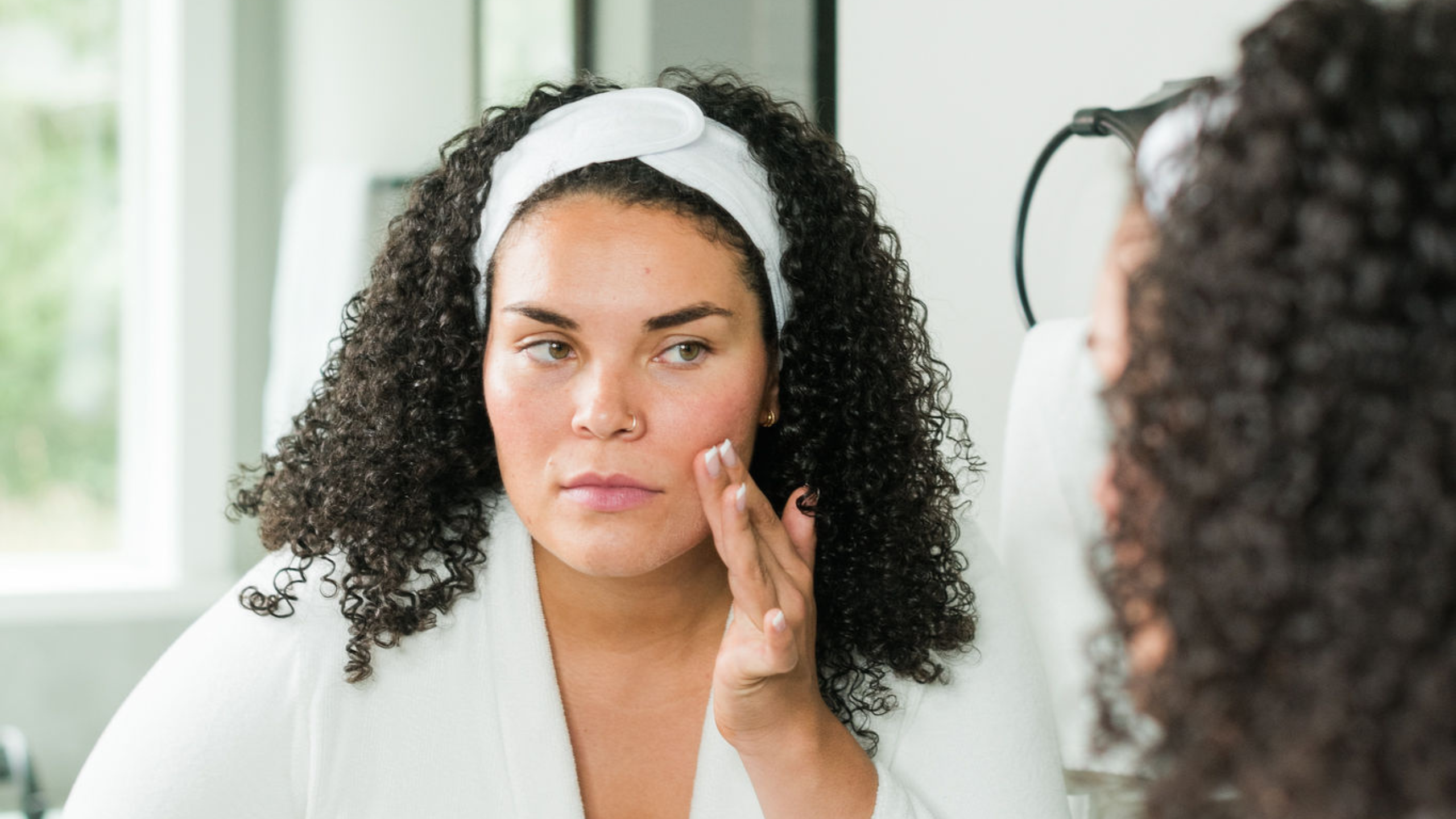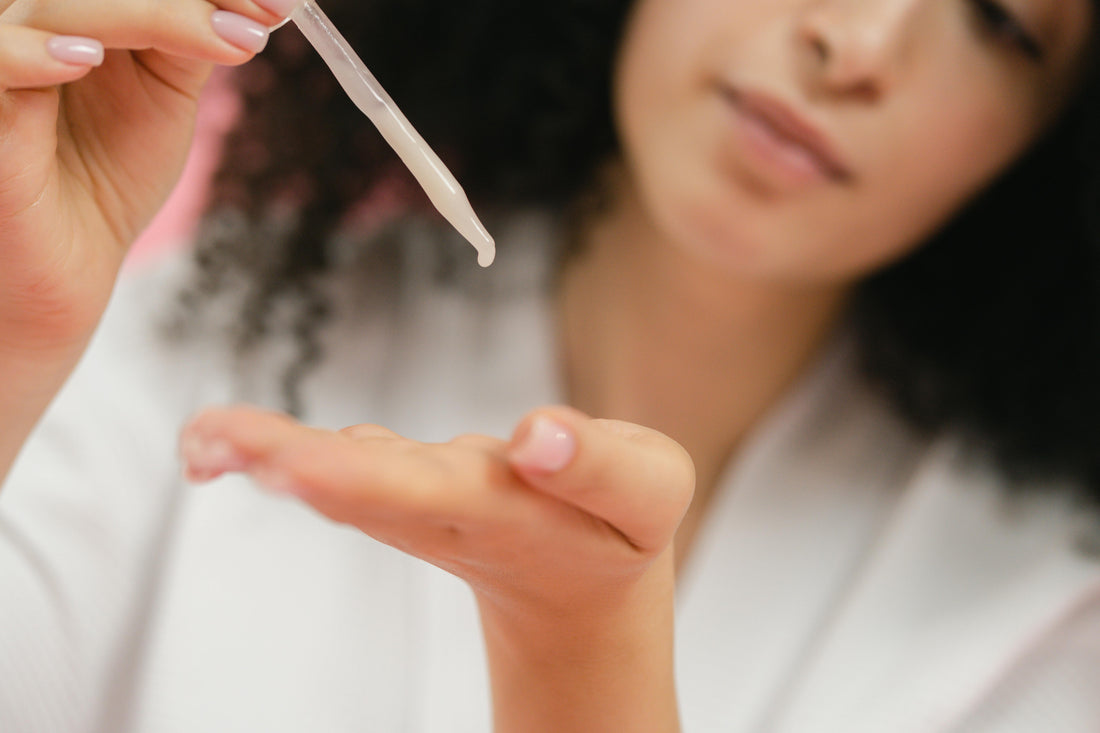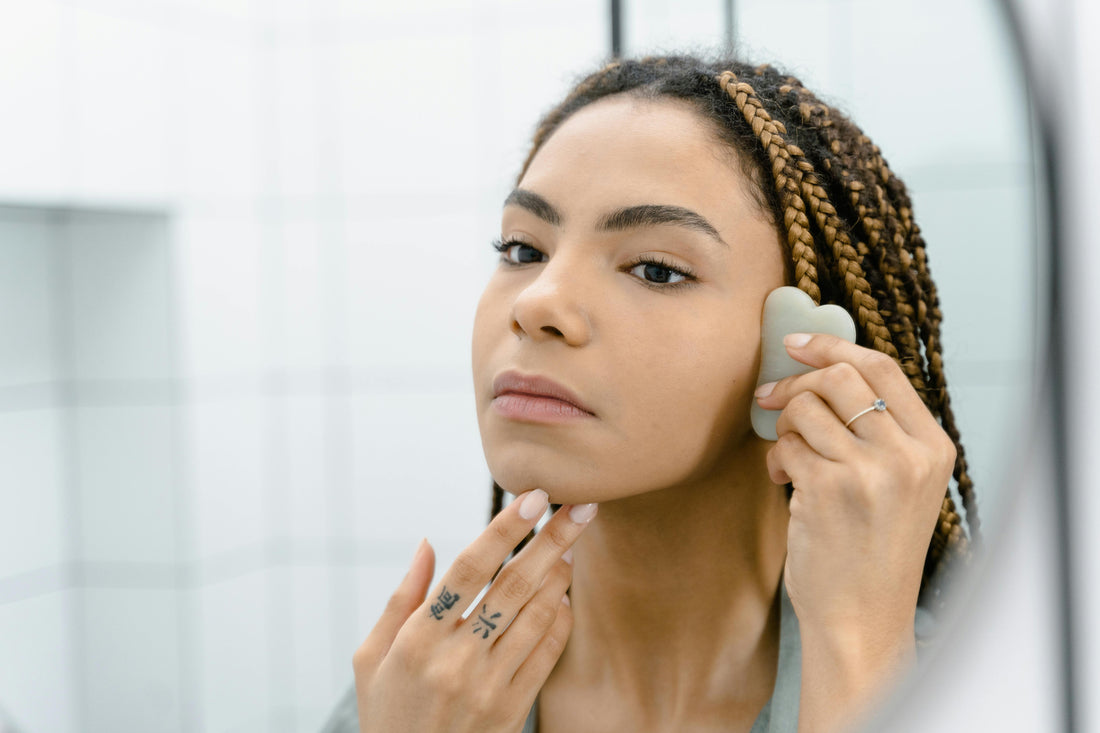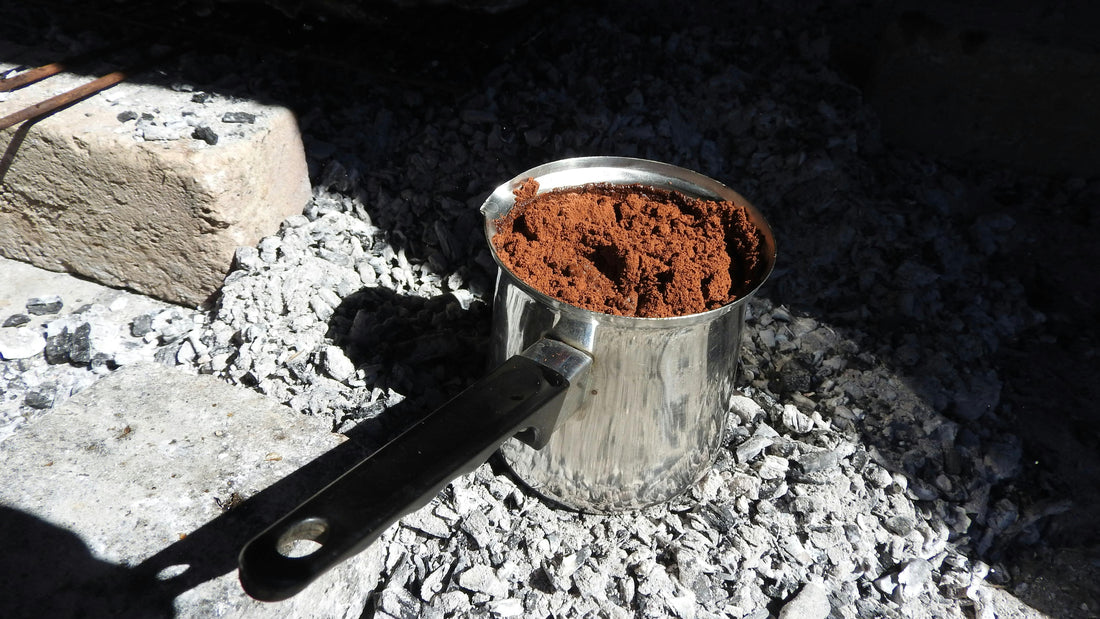Dry skin can be the worst–rough, scaly, itchy…No, thank you. So how do you fix this unwanted skin issue? And what causes your skin to dry out in the first place? Understanding and treating dry skin is about to become much less complicated with these expert tips for achieving hydrated and healthy skin!
Understanding Dry Skin
What exactly is “dry skin”? While it may not seem too complex to understand, there’s actually more to dry skin than meets the surface…of your skin.
What is Dry Skin?
To put it simply, dry skin is skin that lacks enough moisture to keep it soft and glowing.
If you were to ask a dermatologist, though, they’d likely give you a more technical definition: xeroderma (dry skin) OR xerosis (extremely dry skin).
(But you probably just know dry skin as being a nuisance, correct?)
So, let’s look at dry skin a little more closely…
When your skin starts getting dry, it may begin to look scaly or even peel. (Cue the itching, at this point.) You could notice that your skin feels tighter or appears discolored in some areas. More extreme symptoms of dry skin could include having a rash or swelling.
Then sometimes that can escalate into your skin cracking or even bleeding. Yikes! Have you ever washed your hands excessively in a short period of time? (Like during the holidays when you’re cooking a lot of food.) If so, then you’re likely familiar with this because your hands might have started to crack and bleed at the knuckles. Ouch! (No one wants blood in their turkey.)
Dry skin can develop on any area of your body, such as your face, legs, arms, elbows, knees, hands, or feet. (So your face isn’t the only area you should be treating for dry skin.)
What Causes Dry Skin?
Various things could cause you to have dry skin. Here are some examples…
- Excessive hand washing
- Allergies
- Hot showers/baths
- Diet (alcohol, caffeine, sugar, salt)
- Age (65 or older)
- Skin conditions
- Use of harsh soaps/detergents
- Dry/cold climate
- Stress
- Medications
- Indoor heating/air conditioning
- Genetics
- Prolonged sun exposure
- Smoking
Now that you understand what dry skin is and some of its likely causes, you should also understand the different types of dry skin that you could encounter.
Types of Dry Skin
When you notice that your skin is dry, you’ll probably want to treat it as soon as possible, right? Well before you can do so, you’ll need to determine which type of dry skin you’re dealing with. There are many different types of dry skin, each equipped with its own cause(s) and characteristics.
1) Sensitive Skin - If you notice that your skin often reacts to certain products or environmental factors, you likely have sensitive skin.
2) Episodic Dry Skin - Similar to sensitive skin, your skin may react to certain products or environmental factors. The difference is that with episodic dry skin, your skin only becomes dry temporarily due to these types of stressors.
3) Chronic Dry Skin - Do you have persistent dry skin? If you find that your skin seems to always be dry, you may have chronic dry skin.
4) Dehydrated Skin - This is when your skin lacks moisture (not necessarily just oil), likely caused by inadequate diet or water intake.
5) Aging Skin - As you age, your body starts producing less collagen, which causes your skin to change. You may experience dryness as a result of age, in this case.
6) Contact Dermatitis - If you experience an allergic reaction or notice that your skin becomes very irritated, it’s likely because of something that came in contact with your skin (such as chemical detergents used for laundry).
7) Seborrheic Dermatitis - If your skin becomes dry in patches (whether on your head or other parts of your body), you’re probably experiencing seborrheic dermatitis.
8) Eczema - Eczema is made up of a group of skin conditions. You may have eczema if your skin is dry, bumpy, and red in patches on your body.
Treating Dry Skin: Expert Tips
There’s a plethora of information out there for treating dry skin. But rather than searching the vast interwebs, just sneak a peek at this list of expert tips for obtaining hydrated and healthy skin.
1) Use Hyaluronic Acid
Here’s a skincare product that is worth the difficulty of pronouncing (hy-a-lu-ron-ic ac-id). What makes this product so special is its ability to rehydrate and rejuvenate your dry skin.
Because it replenishes your skin’s moisture levels, this product also helps to reduce the appearance of your fine lines and wrinkles! (Talk about a WIN-WIN!)
Want to get your hands on your very own hyaluronic acid serum? Check out our Rebel Skincare Hyaluronic Acid Nightly Moisture Boost to rejuvenate your complexion and restore your skin’s youthful vitality!
2) Use Moisturizer
Everyone should always keep a great moisturizer in stock. (It works wonders for your skin, so living without it just seems tragic.)
Moisturizer tends to be the go-to product for treating dry skin, with its magical ability to soften and smooth your dry skin. It even can help prevent your skin from cracking.
Lucky for you, Rebel Skincare's newest product is Hydroseal Daily Moisturizer!
3) Take Prescribed Medication
In some more severe cases, your doctor may prescribe a topical steroid to treat your very dry skin. This is generally done when you’re already at the point of experiencing itching and cracking skin.
Using a topical steroid helps to reduce any swelling/inflammation in your skin (these are the culprits for all that itching and cracking).
As an alternative to the topical steroid medication, your doctor may opt for an injectable or oral medication to cure your dry skin issues.
4) Prioritize Hydration
You may be tired of hearing this all the time, but it’s commonly said for a reason – your body and skin NEED hydration. So things will start to go haywire when your body is deprived of this much-needed substance.
To ensure that you’re staying hydrated, drink the required amount of water each day that your body needs (typically half your body weight, in ounces, per day). You can also eat foods that are high in fatty acids (salmon, nuts, avocadoes).
When your body is properly hydrated, your skin will naturally be less dry.
5) Adjust Your Shower Temperature
Hot showers feel amazing. There’s no denying that. Unfortunately for your skin, there’s also no denying that a good, hot shower will drain your skin of moisture faster than your hot water starts to run out.
Instead, get your body used to taking lukewarm showers. Your skin will thank you!
6) Use a Humidifier
Any time you’re in a dry, indoor environment, your skin can get robbed of its natural moisture. Using a humidifier can reverse this by replenishing moisture in the air.
7) Limit Stress
This is never an easy task to accomplish. Stress seems to be all around you, right? But when you can learn to limit your stress (or at least limit how outside stressors affect you), your skin will reap the benefits.
8) Use Hydrating Masks
Here’s one of the expert tips for dry skin that you can include in your weekly routine – use a hydrating facial mask. These can serve as an extra boost of moisture for your dry skin and even soothe your potential skin sensitivities.
9) Choose Household Products Wisely
As you read earlier, sometimes your dry skin may be caused by the household products you’re using. Examine the products you currently have in your home. Do a “sweep”, so to speak. Look at your dish-cleaning products, your laundry-cleaning products, household-cleaning products, bath products, etc.
If there are harmful ingredients in any of these products, you may want to consider switching to more natural options.
10) Choose Your Fabrics Wisely
This is probably something that you haven’t even considered as a way to treat your dry skin. Generally, cotton tends to be the best fabric for your skin because it allows it to “breathe”. On the other hand, though, a fabric like wool can cause your skin to itch or become irritated.
Dry Skin: In Review
Dry skin is never the goal, right? Healthy skin is, and these expert tips can now make that possible for you! Understanding the likely causes of your dry skin can help you prevent it from coming back. Here’s a quick review to jog your memory…
The most likely causes of your dry skin are excessive hand washing, allergies, hot showers/baths, diet, age, skin conditions, use of harsh soaps/detergents, dry/cold climate, stress, certain medications, indoor heating and air conditioning, genetics, prolonged sun exposure, and smoking.
Follow these expert tips to reverse your dryness and achieve healthy skin: use hyaluronic acid, use moisturizer, take prescribed medications when given by your doctor, prioritize hydration, adjust your shower temperature (not too hot), use a humidifier, limit your stress (or at least how much it affects you), use hydrating face masks, choose household products and your clothing fabrics wisely.
And there you have it…dry skin should soon be a thing of the past!



